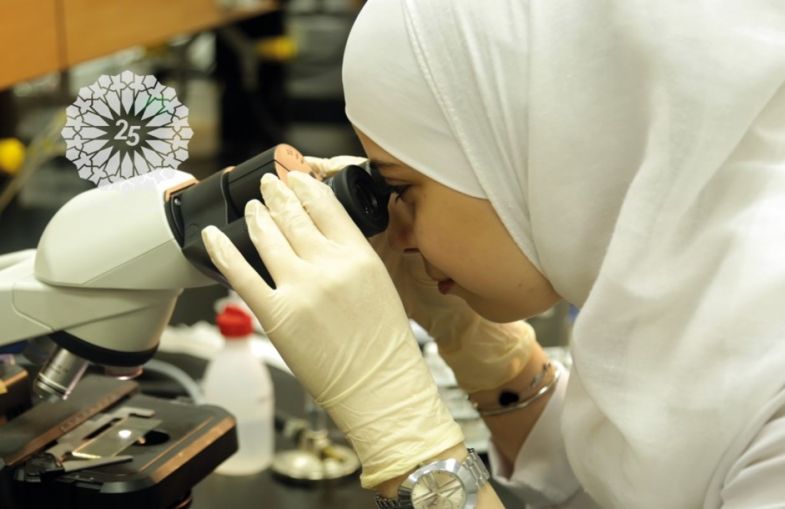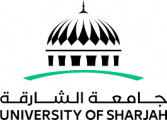
Our medical research faculty work tirelessly in the pursuit of discoveries that impact human health and health care delivery. Following are a few examples of these discoveries:
Using Camel Milk to Control Diabetes and Prevent Heart Attacks: In collaboration with researchers from Jordan, Bahrain, Saudi Arabia, the Netherlands and the United Kingdom, a research group led by Professor Moez Al Islam Faris in the Research Institute of Medical & Health Sciences (RIMHS) have analyzed patients with different types of diabetes who consume camel milk. The researchers conclude that long-term consumption of this type of milk can be useful therapy, alongside formal medications, in treating patients with this disease. These scientists found that camel milk can significantly reduce levels of cholesterol, triglyceride, LDL-cholesterol, while helping to increase HDL-cholesterol, a key factor in reducing possible heart attacks and strokes. The findings highlight the importance of traditions in nutritional habits and can help design policy for the future.
A Pill That Can Save Lives from Terrorist Attacks: Researchers at the University of Sharjah patented a tablet that dissolves under the patient’s tongue in less than 10 seconds without the need for water and immediately releases a drug that is absorbed from the sublingual area to go directly to the systemic circulation, which makes them suitable for the treatment of emergency conditions and potentially can save thousands of lives in a possible terrorist attack. The tablet is called “Fast-Disintegrating Sublingual Atropine Tablet” contains atropine, which is a tropane alkaloid and anticholinergic medication used to treat certain types of nerve agent and pesticide poisonings as well as some types of slow heart rate, and to decrease saliva production during surgery. It is typically given intravenously or by injection into a muscle.
Using Genetics Against Colon Cancer: A team of researchers led by Professor Wael Abdul Rahman Hassan and Ms. Alya R Al Nuaimi at the Research Institute of Medical & Health Sciences (RIMHS) in collaboration with scientists at the University of Lüebeck Germany are seeking out mutated genes that can help in combating colorectal cancer. The groundbreaking study is trying to discover novel oncogenes in this process, which could be potential therapeutic targets in colorectal cancer. By working with oncogenes, a mutated gene that has the potential to cause cancer, the group were able to identify novel functions of the protein called Caldesmon, highlighting that it plays an important role in cancer development, metastasis, angiogenesis, immune evasion, and resistance to chemotherapy.
Improving the Diagnosis of Asthma Using AI: Researchers in the Research Institute of Medical & Health Sciences (RIMHS) at the UOS developed a new noninvasive diagnostic test that also classifies patients according to the severity of their condition. The test, which is carried out on patients’ saliva, was developed using multidisciplinary research combining areas from medicine, computer science and engineering, using artificial intelligence. This work was led by Professor Rifat Hamoudi, Head of Bioinformatics and Functional Genomics group in collaboration with Professor Qutayba Hamid, VCMHS and international expert in respiratory medicine and asthma, Professor Rabih Halwani, an international expert in Immunology and Dr Bassam Mahboub.
A Needle for Extracting Dental Instruments: A group of experts in the Research Institute of Medical & Health Sciences (RIMHS) led by Dr. Saaid Al Shehadat have developed and patented a needle that allows the dentists to pull out those instruments with minimum efforts Indeed, the US patent application number US 2020/0129268 A1, April 30, 2020, protects the design of needle that can be used to get broken instrument that was accidently separated in your tooth during root canal treatment. The needle comes in different sizes and lengths and has a thin wall towards the end and a thicker wall towards the top.
To know more about Medical and Health Research, see RIMHS:
https://www.sharjah.ac.ae/en/Research/SIMHR/Pages/default.aspx








